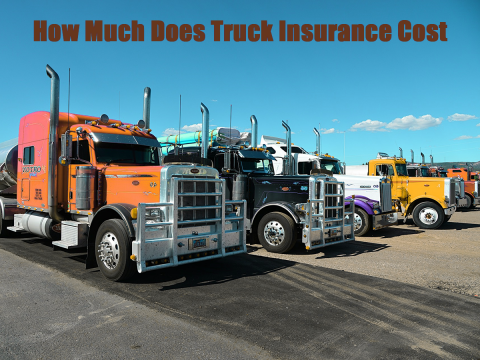to get insurance quotes in your area
What is Stop Loss Health Insurance?

Sometimes more commonly known as excess insurance, stop-loss insurance protects people against catastrophic losses or unpredictable events that cause losses. Purchased by employers, these are most often bought by companies and employers who have decided to self-fund the benefit plans of their employees. By self-funding employee benefit plans, employers open up different options for themselves. Stop-loss insurance is designed for people who self-fund employee benefit plans, but do not want to assume 100% of the liability for the losses that can arise from these plans.
What Is Stop Loss Health Insurance?
Stop-loss insurance is where an insurance company becomes liable for the losses that exceed certain limits, which are called deductibles. There are two main types of self-funded insurance.
The first of these is specific stop loss. This is excess risk coverage and provides employers protection against a high claim coming from any one individual. Many businesses purchase this type of insurance because it is protection from a more unlikely single claim that can be very expensive to cover. Another term for specific stop-loss insurance is individual stop-loss insurance.
The second type of insurance in this category is aggregate stop-loss protection. This type of policy provides a ceiling on the dollar amount of eligible expenses that a business would pay during a contract period. After the end of the contract period, if the total costs are higher than the ceiling, the stop-loss insurance carrier would reimburse the business for aggregate claims.
Each of these two policies can also have multiple variations, meaning that products can vary from one insurance company to the next. Many employers decide to get both specific stop-loss coverage and aggregate stop-loss coverage. Some of the largest employers choose not to get one type of this coverage or the other, and in some cases, specific stop-loss insurance on its own will satisfy an employer’s need for financial protection.
How Does Stop Loss Insurance Work?
Stop-loss insurance gives companies a way to predict their expenses for employee medical bills. Being a specialized kind of coverage, it protects self-insured employees from suffering losses that could be catastrophic. With more businesses each year deciding not to purchase traditional group health insurance, mainly due to the rising costs of healthcare and employee dissatisfaction with the increasing costs, stop-loss insurance can be an option.
What Type Of Companies Take Out Stop Loss Insurance?
Experts in the industry communicate that every self-insured company should get stop-loss insurance. The risks of not having this type of insurance policy can be too significant, and many businesses see their doors closed due to expenses that are too large for them to pay for on their own. That said, each company is unique. Determining the value of this type of insurance plan is a balance between perceived risk and the cost of the plans. Consider the age and health of the people working for your company, as well as the amount of risk working for your company brings. There is a difference between a company of older construction workers and a company of younger employees working in an office building.
Do You Really Need Stop Loss Insurance?
For many professionals, the answer is a resounding yes. If you do decide to purchase stop-loss insurance, you will want to shop around for the best prices available. Not every insurance company offers these types of insurance coverage, and because each company weighs risk differently, policies and costs can vary from one insurance provider to the next. Determining whether you really need stop-loss insurance is a balancing act. Depending on the demographics of your company, the risk involved, and other considerations, a self-insured business may choose not to purchase this type of coverage.
Many companies and employers know that meaningful benefit packages can boost their ability to retain, as well as recruit, top talents. Switching to self-funding can benefit small companies, large companies, and companies of all sizes in between. If total medical claims for the year are lower than projected, the company will end up seeing more profits due to the lower operations costs.
Traditional private healthcare plan premiums have increased by over 50% over the last ten years, making them more expensive than some businesses want to pay. In addition, self-insured businesses pay can pay taxes on group insurance plans; most states do tax business insurance premiums. Being self-insured, companies can also increase cash flow by eliminating the monthly premiums they pay on their policies. Having more money to invest in a company can be extremely beneficial.
If you decide to self-fund, look into stop-loss insurance. These policies can save your business from catastrophic loss if medical expenses are larger than you budget for and anticipate. Get free quotes on stop-loss insurance policies on this website and find the best rates available for insurance today.








Add new comment